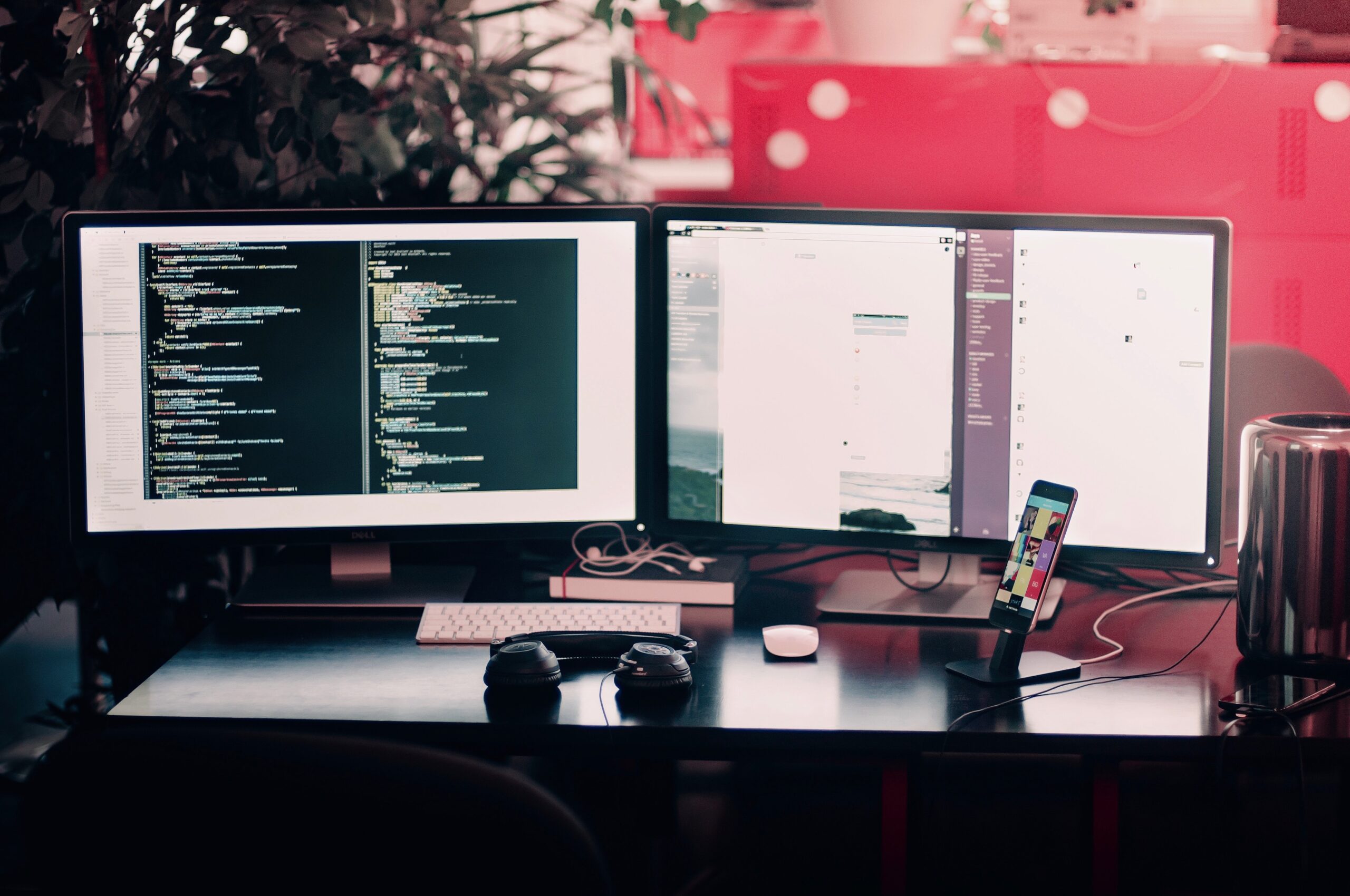CEO Column
- CEO Column
- What technology brings
What technology brings
2021/01/01
society

Happy New Year everyone. I look forward to working with all of you again this year.
As the days grow colder, we have seen an uptick in COVID-19 infections. Such circumstances require the movement of people to be minimized as much as possible. Consequently, the government’s “Go To Travel” and “Go To Eat” campaigns had to be temporarily suspended, thus slamming the brakes on growth in consumption. While there may be a separate argument to be had about how appropriate measures like Go To actually are, in the short term there is clearly a trade off between COVID infections and the economy, and that means the economy is going to take the hit.
At the same time, the coronavirus has not only restricted human movement, it has started to change the way people conduct themselves as well. For example, for many, the home has replaced the office as the “workplace,” online communication has replaced in-the-flesh interaction, and virtual stores have replaced brick-and-mortar stores as the “place” to do shopping. For some industries and business formats, these changes have taken a substantial toll on corporate earnings. For those companies who run the tech businesses waiting in the wings on the other side of this transformation in consumer behavior, though, Springtime has arrived! It’s time to rejoice! That said, when one thinks about it carefully, these sort of technology-driven changes in human conduct had already been taking place day by day, with or without a crisis like COVID. In other words, it is clear that what has happened is that the coronavirus has taken an existing process of gradual change, and kicked it into overdrive.
Thus, COVID has exerted an array of effects on the global economy, and I would like to take this opportunity to focus on two specific aspects. First, the restrictions on the movement of people due to the coronavirus have dealt a devastating blow to industries such as tourism, recreation, and dining. However, this is a temporary thing, and when the turmoil subsides, in time we should see a return to form. The second one is a more crucial thing that had already been in motion: the sudden acceleration of the technology-driven changes in human behavior. This is a more permanent sort of change that is irreversible in nature. People who have grown accustomed to shopping at virtual stores are unlikely to go back fully to brick-and-mortar stores just because the COVID crisis is overcome. Likewise, companies that have been forced to resort to telecommuting now have an understanding of the pros and cons of that approach, and most of them will likely end up adopting a hybrid style of working. In other words, once the commotion over the pandemic subsides, some things will go back to the way they were, and some things won’t, and we have to think carefully about how to assess those things.
Right now the five US tech giants, GAFA (Google, Apple, Facebook, Amazon) and Microsoft, together have a market cap far greater than that of Japan’s entire TSE first section combined. Those elite few companies that were quick to foresee these changes in people’s behavior are sure to grow even larger owing to the network externalities they create by leveraging technologies and top-notch minds to provide a comfortable way of living. This has gone under the stock market’s radar. To extend this thesis further, advancements in technologies such as AI and robotics are sure to reduce the value of certain types of labor further and further. For example, the proliferation of self-driving vehicle technologies is sure to cause the demise of drivers as a profession. As this sort of phenomenon spreads throughout various fields, it is bound to exacerbate the disparities among individuals and businesses. Even though no one wants it to happen, the gap between the haves and the have nots will most likely grow wider.
While a few gifted individuals will use technology to generate tremendous wealth, a greater and growing number of people will lose their jobs to computers and robots, and their frustration will grow. While people may differ in terms of the wealth the own, their right to vote remains unchanged, and so, as President Trump has proven, there is a growing danger that those in power will attempt to make use of the people’s emerging frustration. This will cause political unrest around the world and jeopardize international harmony.
Taxation as well will inevitably change along with this growing disparity. The natural course of events will be to tax the income and assets of the wealthy elite more heavily. In fact, without doing so it will be impossible to rebuild the public finances that have been devoured by the COVID-19 crisis (although I doubt Japan is up to the job).
Letting my imagination run free like this may have little to do with the business that we run, but there are times when these sort of things are worth contemplating since an affluent society is the foundation on which our business and our livelihoods are built.
Hirotaka Shimizu
Chairman and CEO
Kamakura Shinsho, Ltd.

